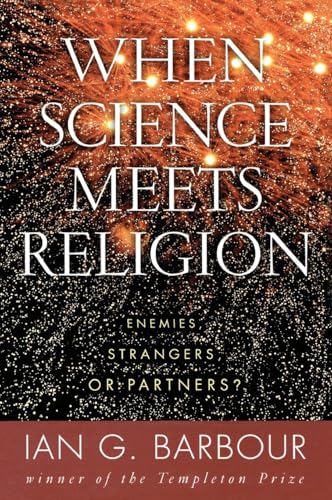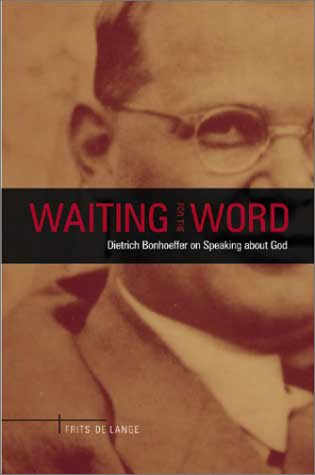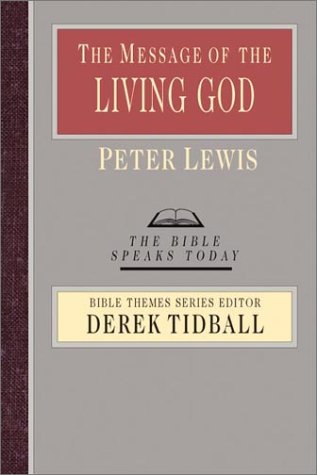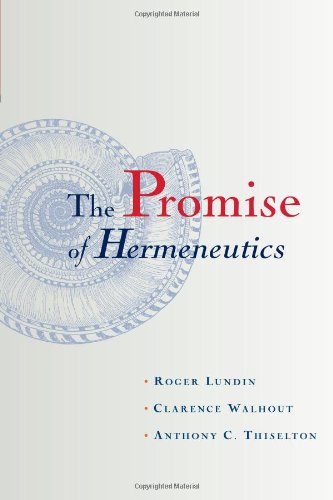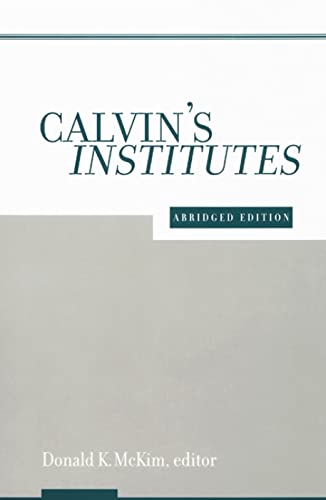A Free Church, A Holy Nation: Abraham Kuyper’s American Public Theology
Written by John Bolt Reviewed By John CoffeyThis is a rich and fascinating book about two big subjects: Abraham Kuyper and the United States of America. Its author (professor of systematic theology at Calvin Theological Seminary) summarises a vast literature on Kuyper and on contemporary American politics. He shows that Kuyper was a great admirer of the United States, believing that the civil and religious liberty which had its origins in the Calvinist Dutch republic was now finding its providential fulfilment in the American republic. Bolt also detects striking similarities between the Netherlands in the late nineteenth century and contemporary America, for in both a secular-liberal elite was engaged in a culture war with a popular Christian conservatism. Responding to Mark Noll’s diagnosis that American evangelicals are political activists in search of a political theology. Bolt provides the prescription: a strong dose of Abraham Kuyper.
It is impossible in a short review to do justice to the range of topics that Bolt discusses and illuminates: politics and the artistic imagination, Calvinist theories of history, liberation theology and economic libertarianism, theocracy and pluralism. Catholic-evangelical co-operation, contemporary American ‘culture wars’, and the fortunes and future of the Religious Right. As well as providing a marvellous introduction to Kuyper’s political vision, the book also contains extended discussions of Solzhenitsyn, Edmund Burke, Jonathan Edwards. Alexis de Tocqueville, Lord Acton, and Walter Rauschenbusch. The eloquent text is complemented by some vivid illustrations, and every page is packed with material that is fresh, informative and often surprising.
For all its richness, the book does have its shortcomings. It is rather startling to find a major work on public theology that contains no reference whatsoever to the work of Oliver O’Donovan or Stanley Hauerwas, and Bolt would surely have benefited from the writings of Britain’s Chief Rabbi, Jonathan Sacks, especially his recent work The Politics of Hope (1997). Moreover the book is almost silent on the vexed subject of race, something that surely must be addressed in a work on evangelical politics in America, where black and white believers differ so markedly in their political views and allegiances. Some British readers might also feel that Bolt is too hard on socialism, too generous to the Religious Right, and too interested in the United States to be relevant to Europeans.
Most significantly, the book does not deliver a fully-fledged ‘public theology’, and it is perhaps best thought of as a massive prolegomena to such a project. Bolt’s work is full of important insights, but it is not a systematic political theory, and there is no engagement with the work of major thinkers like John Rawls. If it demonstrates that Kuyper has much to teach contemporary evangelicals, it also reveals that we need to do some fresh thinking ourselves. Bolt shows that Kuyper tried to hold on to a softer, gentler version of the traditional Reformed vision of a godly nation: he vigorously defended civil and religious liberties for people of all religions, but he continued to think of the Netherlands and the United Stales as Protestant nations and of the Dutch and Americans as Protestant peoples. In today’s profoundly pluralistic societies, this vision of national identity seems doubly problematic: it does not fit the facts, and it suggests that those of other faiths are not truly American, or Dutch, or British. An evangelical public theology for the future needs to start from the realisation that the era of Christendom is over—a point acknowledged, in their very different ways, by both Hauerwas and O’Donovan. Nevertheless, this book can be highly recommended to anyone with a serious interest in Kuyper, the Reformed tradition, the United States, or contemporary Christian politics.
John Coffey
University of Leicester



